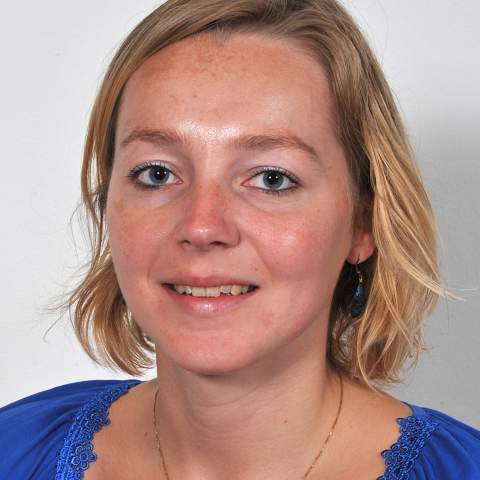Students, researchers and practitioners join forces in DeSIRE Solution Team
Climate change is the leading theme in designing and shaping the delta of the future in the Zwolle region. The Zwolle region, acknowledged as a NOVI / NOVEX-region, foresees that climate change has major impacts on the current delta water system. In the long-term, after 2050, further measures are needed to make the IJssel-Vecht delta more resilient to flooding and drought.
The region Zwolle works to balance the interests of, on the one hand a high living standard for the inhabitants of the area and growth in terms of inhabitants and economic growth, and on the other hand the foreseeable impacts of climate change events on housing, mobility, energy supplies, agriculture and urbanization. The aim is to redesign the current water system in such a way that inhabitants will be able to live with the effects of droughts as well as floods and that the delta enables growth and well-being.
The collaborative solution team enables students from different backgrounds, such as the engineering sciences and social sciences, to do their research projects in this context and providing them with support and network of experts and regional practitioners. These BSc and MSc projects are characterized by a way of working that integrates the engineering and social sciences in a real-life context, transcending the traditional boundaries of the scientific disciplines, that is to say, a transdisciplinary approach.
A tested way of working transdisciplinary
To address the complex challenges that Zwolle region faces, the 4TU DeSIRE research programme decided to team up with the Delta Futures Lab and practitioners of the Water Authority WDODelta and the Municipality of Zwolle. The Delta Futures Lab (DFL) is an initiative of TU Delft where students, researchers and practitioners unite forces to address challenges in delta areas. DFL developed a transdisciplinary approach in which they provide tools and working formats to support working across disciplines, such as public administration, civil engineering, architecture, etc. Key to this transdisciplinary way of working is that participants collaborate in transdisciplinary working groups where they go back and forth between practical experiences and theoretical knowledge. This is a cyclical way of learning and has been developed into an effective method for collaboration. To address challenges in Zwolle region, Joanne Vinke-de Kruijf, Associate Professor at the University of Twente and member of the 4TU.RE Centre scientific steering group, initiated a “DeSIRE Solution Team” that also functions as a 4TU thematic working group under the umbrella of DFL.
DeSIRE Solution Team
Joanne Vinke-De Kruijf: “This Solution Team taps into an original ambition of the DeSIRE research programme. We envisioned researchers and students from diverse disciplines working across their disciplinary borders on real-world cases with practitioners, with the aim to unlock and integrate knowledge, approaches and tools across disciplines. In this particular case, the ambitions of region Zwolle clearly call for a transdisciplinary approach. DFL has expertise in this particular way of working and we bring in the community of students and their supervisors each with their individual background.”
The DeSIRE Solution Team is an outstanding example of how Resilience Engineering knowledge methods and tools can help making societies more resilient. The participants learn to apply resilience thinking in designing solutions and develop skills to assess dynamic interactions between social-technical-environmental (STE) elements and cross-scale feedbacks. Depending on their background, participants engage in data analysis and simulation methods to predict outcomes of solutions over time and space. Last but not least, it offers a concrete way of studying the interaction of policy measures and engineering solutions, defining bottlenecks that can be overcome by working together.
About Joanne Vinke-de Kruijf
Joanne Vinke-de Kruijf is appointed as Associate Professor at the University of Twente and member of the 4TU.RE Centre scientific steering group.




